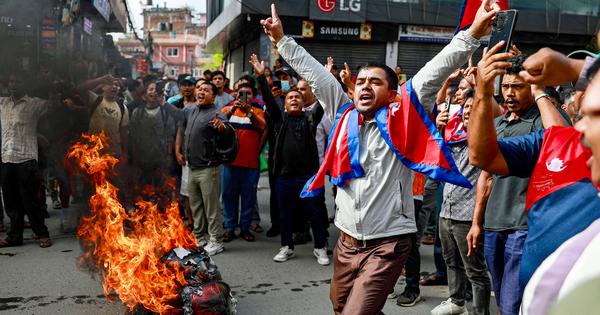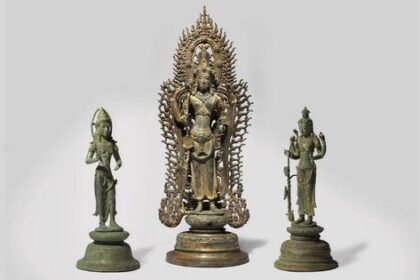Protests in Nepal, Sri Lanka, and Bangladesh reflect a growing youth frustration with elite governance.
Youth anger over unmet promises of inclusive development has the potential to disrupt entire political systems in South Asia. A recent surge of protests in Nepal, Sri Lanka, and Bangladesh underscores a collective frustration with elite governance and a perceived lack of opportunities.
The protests in Nepal marked a significant turning point. On September 8, 2025, young demonstrators broke into the prime minister’s official residence, a historic event that showcased the mounting public discontent with a system rife with institutional rent-seeking. This uprising was not just about opposing a government; it was about demanding a state that functions for the youth. Protesters highlighted the futility of investing in education within a system plagued by nepotism by holding up school textbooks. Their use of viral symbols, inspired by popular culture, reflected a new language of resistance against systemic injustice.
In rejecting established political parties, which they viewed as part of the ruling elite, the youth expressed their disillusionment with the political marketplace. Many felt that reform from within was unattainable and called for a complete overhaul of the existing system. The situation escalated when the government responded with live ammunition against unarmed protesters, effectively dismantling any remaining legitimacy it had. However, merely removing top officials did not address the underlying issues of governance.
The unrest in Nepal mirrors broader generational uprisings across South Asia. In Sri Lanka, protests in 2022 led to the resignation of former President Gotabaya Rajapaksa. Economic collapse, characterized by dwindling reserves and skyrocketing inflation, fueled a youth movement that saw the Rajapaksa regime as the epitome of self-serving politics. The protest camp in Colombo became a symbol of resilience and a quest for dignity, combining elements of protest theatre, music, and art to voice their dissent.
Similarly, in Bangladesh, student protests arose in 2024 against corruption and job shortages, quickly evolving into a broader rejection of perceived authoritarianism under Sheikh Hasina’s long rule. Utilizing memes and online campaigns inspired by global youth culture, these protests underscored the notion that the ruling parties were interchangeable in their disregard for the populace’s needs. This leader-averse sentiment highlighted a generation’s frustration with a political landscape dominated by patronage.
The current youth generation, shaped by the liberalizations of the 1990s and 2000s, faces limited economic opportunities, often reliant on elite connections. As traditional political discourse loses meaning, young people are turning to creative expressions—textbooks, anime, and slogans—as a way to articulate their discontent. The protests across these nations share a common narrative: a deep sense of exclusion and betrayal by the political system.
These uprisings reveal a fundamental issue in South Asia: the lack of a fiscal foundation to support inclusive development. Political dynamics become a zero-sum game, where state control leads to wealth concentration among elites, leaving the broader population marginalized. Historical patterns indicate that even significant political changes often fail to dismantle entrenched elite dominance.
As witnessed in Egypt’s 2011 revolution, the absence of reform can lead to a return of oppressive forces. The warning for South Asian governments is clear: the superficial performance of democracy cannot substitute for genuine governance. The sustainability of political systems hinges on the ability to create opportunities and establish institutions that serve the common people. Without adequate employment and accountability, political freedoms may lead to unrest rather than stability.








